Published by Reynolds Mark
The question of who invented Afrobeats has been going on for a while, as the genre emerged organically through the fusion of various African musical styles with modern
influences. Although Fela Kuti is recognised as the originator of Afrobeat, many performers, including Burna Boy, Davido, and Wizkid, are responsible for the genre's globalisation. It’s a collective evolution, not the work of one individual.
Let's talk.
There's a lot of confusion about Afrobeats. Not only is it often mistaken for Afrobeats, but even the term itself is frequently used in ways that oversimplify a dynamic genre that's constantly evolving. People seem to treat Afrobeats as a catch-all term for any modern African pop music, but the reality is more layered. While Afrobeat was a revolutionary genre born from Fela Kuti’s political and musical genius, Afrobeats is something else entirely more commercial, more international, and unquestionably a product of the digital age. It’s fast, fun, and more danceable, but it still carries the soul of Africa.
Still, there’s a lot of back-and-forth about what it even is. Is it all about the beats? Is it about the culture? Maybe it’s both.
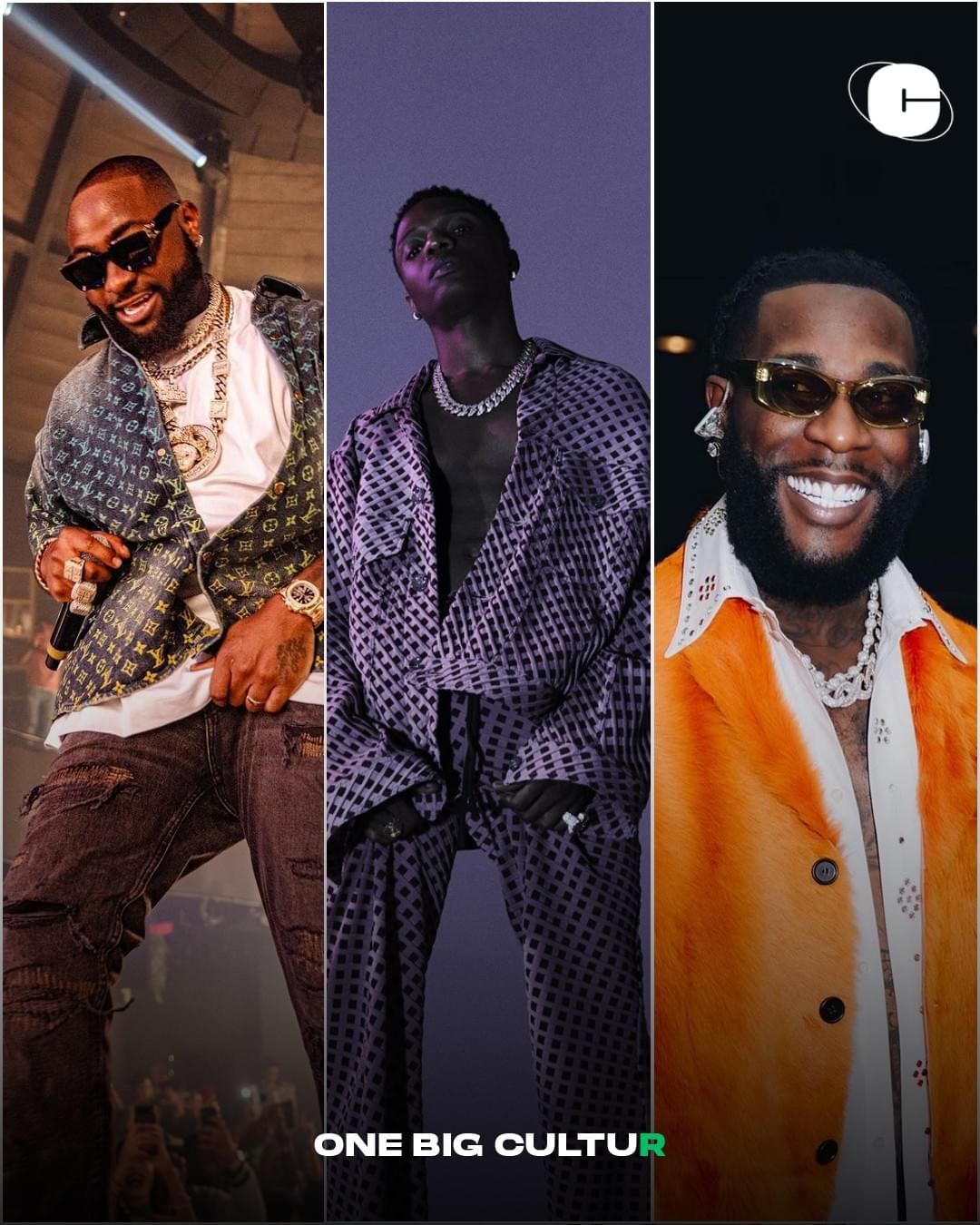
At the heart of everything is Fela Kuti, no question. If we’re talking Afrobeat, the genre, the movement, the sound, Fela’s name should be the first to pop up. He combined jazz, funk, and even a little highlife with traditional African rhythms to produce something that rocked the world in the 1970s.
Fela Kuti is often referred to as the father of Afrobeat but not Afrobeats (with an "s"). He was a Nigerian musician, composer, and political activist who, in the late 1960s and early 1970s, invented Afrobeat by combining traditional African rhythms (especially from his Yoruba heritage), highlife, funk, jazz, and soul music.
While Afrobeats (with an “s”) refers to the modern, more pop-influenced sound we hear today, Afrobeat was the original genre created by Fela Kuti. It's more complex, political, and rooted in African rhythms, often combining long instrumental jams with complex arrangements.
His music was revolutionary in its messaging. Fela used his songs to protest political corruption and speak out against social injustice, particularly in Nigeria. He didn’t just make music; he shaped a movement.
"Zombie" (1977): This was a protest song directed at the Nigerian military. It is among Fela's most well-known songs in terms of both music and politics.
"Water No Get Enemy" (1975): A classic that combines Afrobeat and highlife and discusses resiliency and the flow of water as a metaphor for life and survival.
How Fela Influenced Afrobeats: Fela’s influence is huge, even though Afrobeats came after his time. His innovations in rhythm, musical experimentation, and lyrical activism helped lay the groundwork for the sound and style that would later be reimagined by modern Nigerian artists. His use of African instrumentation, syncopation, and complex horn sections can still be heard in Afrobeats today. Then came Afrobeats (note the "s"), taking Fela's foundation and turning it into something more mainstream. It’s still rooted in African rhythms, but now it’s more accessible, catchy hooks, smooth beats, and tons of pop influence. So while Fela’s Afrobeat was about soul-searching and protest, Afrobeats took those elements and turned them into something that could light up the club.
It was still Afrobeat, but with a whole different personality..
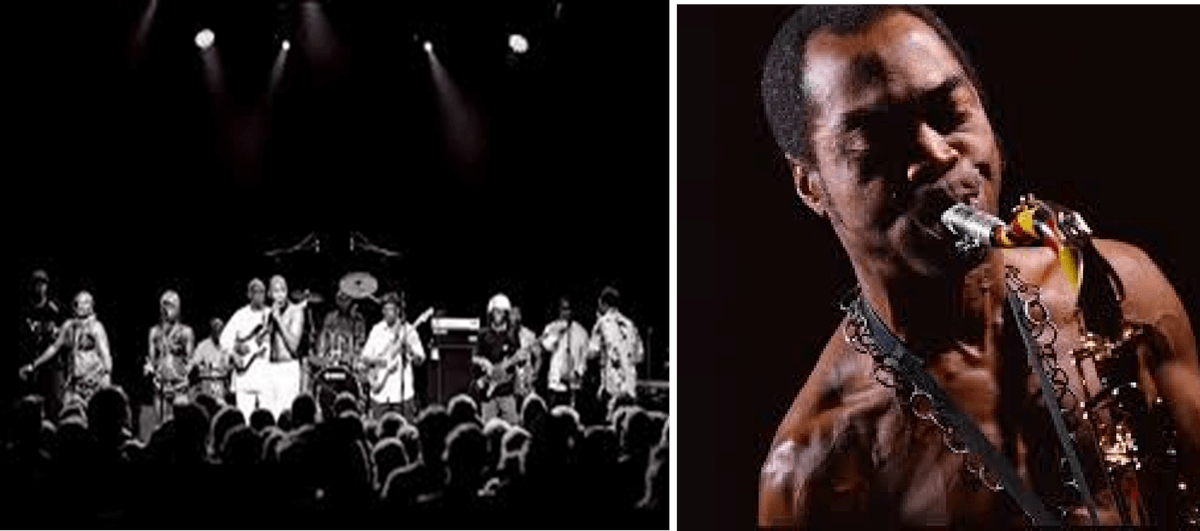
From Ghana to Naija to UK to TikTok Afrobeats didn’t just pop up overnight. The sound was shaped in parts and over time, influenced by different African countries and the rest of the world. Ghana was a major contributor to that, particularly with its highlife and hiplife, which helped to establish some of the foundations for Afrobeats.
The genre then became popular in unexpected locations. Artists like Skepta and J Hus contributed some grime and UK rap, and the UK turned into a second home for Afrobeats.
These influences helped Afrobeats transition into something international, accessible to
audiences outside Africa.
Then TikTok entered the picture. Afrobeats has become an even more popular culture because of the app. Short clips of songs like “Jerusalema” and “Essence” went viral, creating new ways for music to be heard and spread. Artists who were already big became even bigger just by having their music in the background of some viral dance challenge.
As Afrobeats blows up, we begin to ask: who’s really cashing in on this? Artists like Wizkid, Davido, and Burna Boy are of course the first names that come to mind when you think of Afrobeats. But let's face it, they are supported by a whole industry that gains from them as well. Major labels are signing African artists left and right, and platforms like Spotify and Apple Music are cashing in on the streaming revolution.
But what about the local African music scene? The way that Western music businesses are profiting from Afrobeats' worldwide popularity while musicians continue to struggle for more recognition and equitable pay in the industry is a topic of much discussion.
In many ways, the brand of Afrobeats, with its glamorous imagery and catchy tunes, has been commercialised to cater to global markets. Although artists receive the spotlight, many people nevertheless believe that the infrastructure they have created is insecure and unaffordable.
The Myth – The Dangers of Oversimplifying Afrobeats is not one sound or one style of music. It’s a movement that spans entire continents.
So, when we slap a label like “Afrobeats” on every pop song that comes out of Africa, we’re missing the bigger picture. Yes, artists like Wizkid and Davido represent Afrobeats’ global reach, but they don’t define it entirely. What about Rema’s blend of Afropop and trap music? Or Santi’s alté vibe, which pushes the genre even further into experimental territory?
The danger is in reducing Afrobeats to just another mainstream genre. The truth is, it's a constantly evolving field composed of several subgenres, local influences, and emerging crossovers. To treat it as just one thing is to ignore its complexity. For instance, while East African Bongo Flava has a position in the broader Afrobeats scene, its sound is different from Nigerian music. When we treat Afrobeats as one single entity, we risk losing those unique effects.
It’s a genre that, despite its popularity, is still writing its own story, one beat at a time.
So let's discuss who helped define Modern Afrobeats...
Ayodeji Ibrahim Balogun, better known as Wizkid, is a Nigerian singer and
songwriter who has been one of the biggest stars in Afrobeats. He became one of the fiirst Afrobeats musicians to receive widespread recognition after rising to stardom in the 2010s. Wizkid’s breakthrough came with his debut album "Superstar" in 2011, which introduced hits like "Holla at Your Boy" and "Don’t Dull." But it was his collaboration with Drake on "One Dance" in 2016 that truly solidified his global status, with the song reaching #1 on the Billboard Hot 100 and becoming one of the biggest songs of the year.
More well-known partnerships were made possible by this success, including Beyoncé on "Brown Skin Girl" from The Lion King: The Gift album. Over the years, Wizkid has released several highly regarded albums over the years, including "Made in Lagos" (2020), which combines global and African sounds and includes number-one songs like "Essence" (with Tems). Known for his charismatic stage presence and smooth delivery, Wizkid has become one of the ambassadors of Afrobeat culture worldwide.
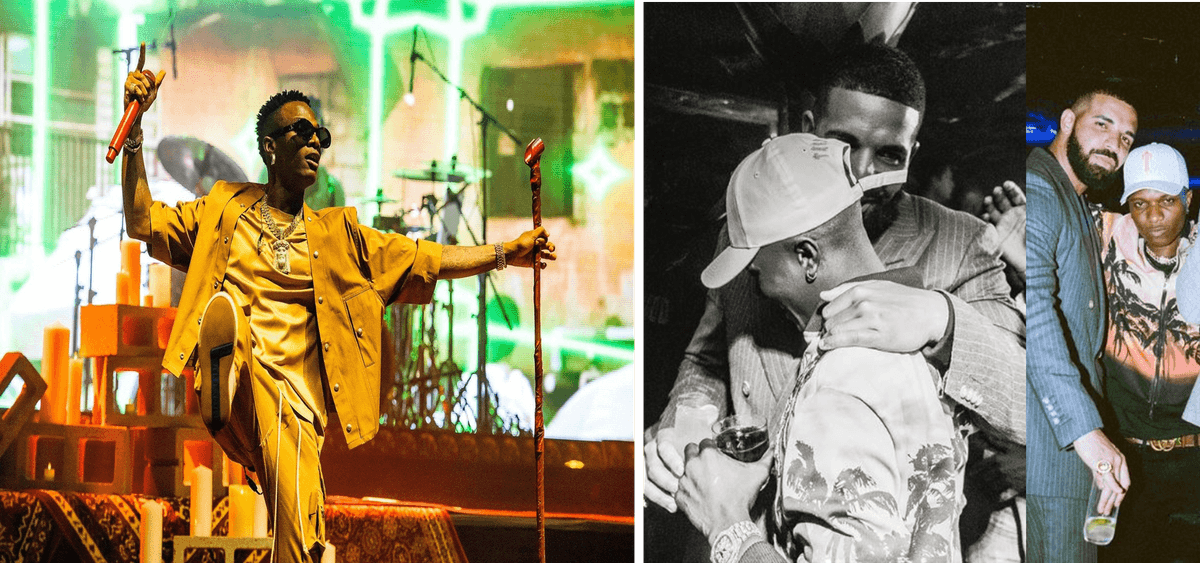
"Ojuelegba" (2015) is another hit song, named after a Lagos neighborhood, which tells Wizkid’s story of struggling to make it as an artist. It became a huge hit, and its music video went viral, helping introduce Afrobeats to a global audience. The song's combination of Afrobeat rhythms and captivating vocals made Wizkid famous all over the world.
"One Dance" with Drake (2016). The partnership between Wizkid and Drake, a Canadian musician, changed everything. The song was one of the first big international singles with a noticeable Afrobeats influence, peaking at number one on the Billboard Hot 100. This track showed the world that Afrobeats was not just a niche genre anymore—it was mainstream.
Burna Boy, born Damini Ogulu, is known for his mix of Afrobeat, reggae,
dancehall, and pop. His unique sound appeals to a worldwide audience by fusing Caribbean and African influences. Notably, his Grammy win for Best Global Music Album in 2021 with "Twice As Tall" marked a significant milestone in his career, further proving his international appeal and the power of Afrobeat on the global stage.
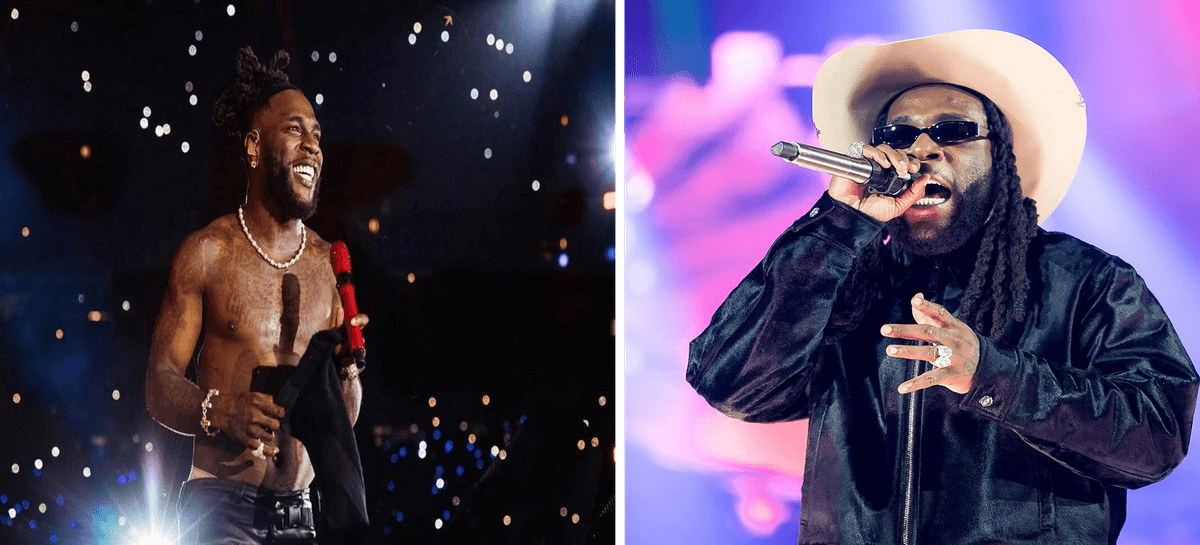
"Ye" (2018) is one of Burna Boy’s biggest hits and was a defining moment in his career. It blends Afrobeat rhythms with dancehall and has become a party anthem worldwide.
The song’s success helped him break into the global music scene.
"Anybody" (2019) showcases Burna Boy’s Afrofusion style. It blends Afrobeat with a catchy lyrics and rhythmic beat that made it a hit across Africa and beyond.
Burna Boy created a distinctive sound by combining Afrobeat with dancehall and reggae, which helped Afrobeats spread outside of Africa. His 2021 Grammy victory for Best Global Music Album was historic since it established Afrobeats as a significant musical genre on a global scale.
Davido, born David Adedeji Adeleke, is one of the most prominent Nigerian
musicians. Known as the BADDEST, OBO, AND 001, also known for his high-energy
performances and hit songs, he’s one of the first Nigerian artists to make Afrobeats mainstream in the West.
Davido became well-known in the early 2010s when his 2011 smash song "Dami Duro" exposed a large audience to his distinct style. His 2012 debut album "Omo Baba Olowo" marked him as a major player in the Nigerian music industry, but it was his international collaborations that truly propelled him to global fame. Tracks like "Fall," "If," and "FIA" became massive hits across Africa, Europe, and the United States, breaking records and charting on major international platforms.
Davido's charismatic stage presence and intense performances are major contributors to his popularity, making him a favourite among fans in Africa and elsewhere. He’s known for throwing unforgettable live shows, delivering hit after hit, and working with a wide range of international singers, including well-known American acts like Nicki Minaj on "Holy Ground" and Chris Brown on "Blow My Mind."
In 2017, Davido made history with his song "Fall," which became the longest-charting Nigerian song on the Billboard Hot 100. His influence expanded further with the success of "A Good Time" (2019) and "A Better Time" (2020), albums that allowed him to grow as an artist.
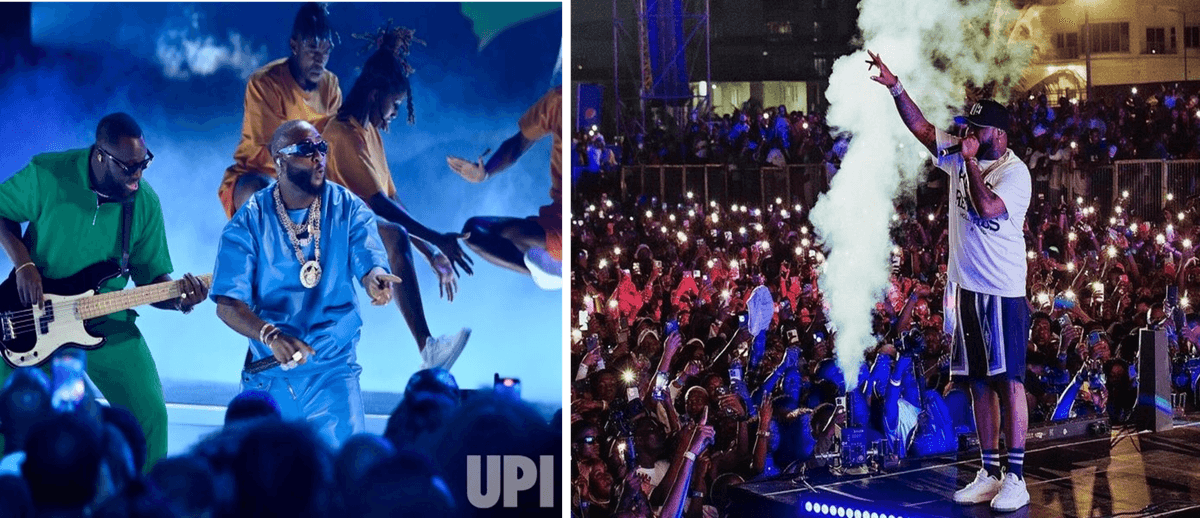
The Afrobeats Queen, Tiwa Savage. She is a Nigerian singer-songwriter, well-known for her distinctive fusion of pop, R&B, and Afrobeats.
She’s one of the most prominent female voices in the genre. Tiwa's musical career started in the United Kingdom, where she developed her abilities as a lyricist and backup vocalist for global performers such as Mary J. Blige, George Michael, and Chaka Khan. However, it was when she moved back to Nigeria in the early 2010s that she truly began to make a name for herself. Her 2013 debut album "Once Upon a Time" established her as a force to be reckoned with in the Afrobeats scene, with hits like "Kele Kele Love" and "Love Me, Love Me".
Tiwa’s 2017 album "R.E.D" (Romance, Expression, and Dance) further showcased her growth as an artist, with tracks like "All Over" and "Malo" (featuring Wizkid) solidifying her as one of the top stars in the genre. Her ability to fuse Afrobeat rhythms with contemporary R&B and pop elements gives her music a unique edge that resonates with both African and global audiences.
In the Afrobeats industry, Tiwa has also paved the way for female musicians by frequently overcoming the obstacles of being a woman in a male-dominated field and yet succeeding. She’s known for her fearless approach to both her music and personal brand, making her an inspiration to many.
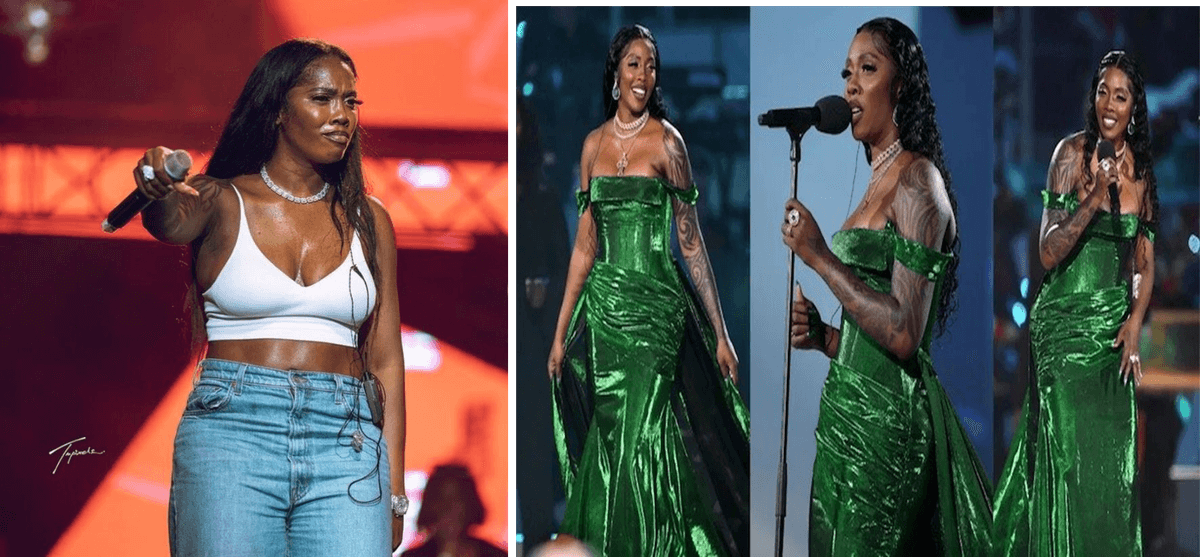
"All Over" (2017) was a massive hit in Nigeria and across Africa. It showcases Tiwa’s ability to blend traditional African rhythms with contemporary pop influences.
"Koroba" (2020) song with a catchy beat and empowering lyrics, “Koroba” reaffirmed
Tiwa’s place as one of the leading female voices in Afrobeats.
In a genre that is dominated by men, Tiwa Savage has contributed to redefining the position of women. She has become a symbol of female empowerment in the African music industry and has worked with international artists like Drake and Beyoncé, which has helped further elevate Afrobeats globally.
Don Jazzy: The Architect Behind the Sound
Don Jazzy is a Nigerian music producer, songwriter, and CEO of Mavin Records.
He is a key figure in shaping the modern sound of Afrobeats. From picking raw unrefined young teens, and moulding them into Global Super Stars.
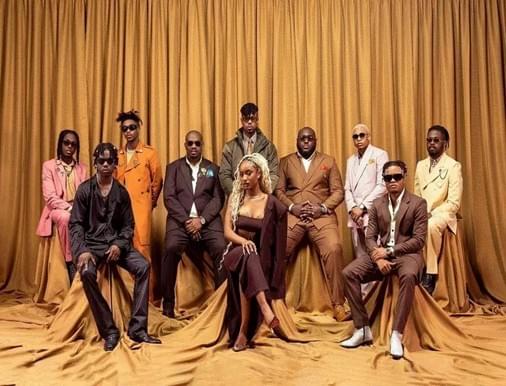
Don Jazzy was the producer behind D’banj’s massive hit "Oliver Twist", which was one of the first Afrobeats songs to gain significant attention in the UK and US.
Beginning with Fela Kuti's groundbreaking Afrobeat music in the 1960s, the digital era's ascent in the 2000s, and the subsequent contributions of modern artists like Wizkid, Burna Boy, Davido, and Tiwa Savage, Afrobeats as we know it now is the result of years of development. These artists, alongside key producers like Don Jazzy, helped refine the genre and made it a global force, blending African heritage with international pop culture to create a sound that speaks to the world.
Afrobeats is a global cultural movement, born from a mix of diverse musical traditions and the power of digital platforms. It’s bigger than just the artists or the countries it emerged from. The genre embodies Africa’s resilience and growing influence worldwide. So from everything and everyone we have just discussed about, who do you really think invented Afrobeats? I will leave that up to you to decide, Until next time….
Editor in chief
Reynolds mark
Assistant editor in chief
Walter Okoise
Project lead
Oliwia Klimczak
